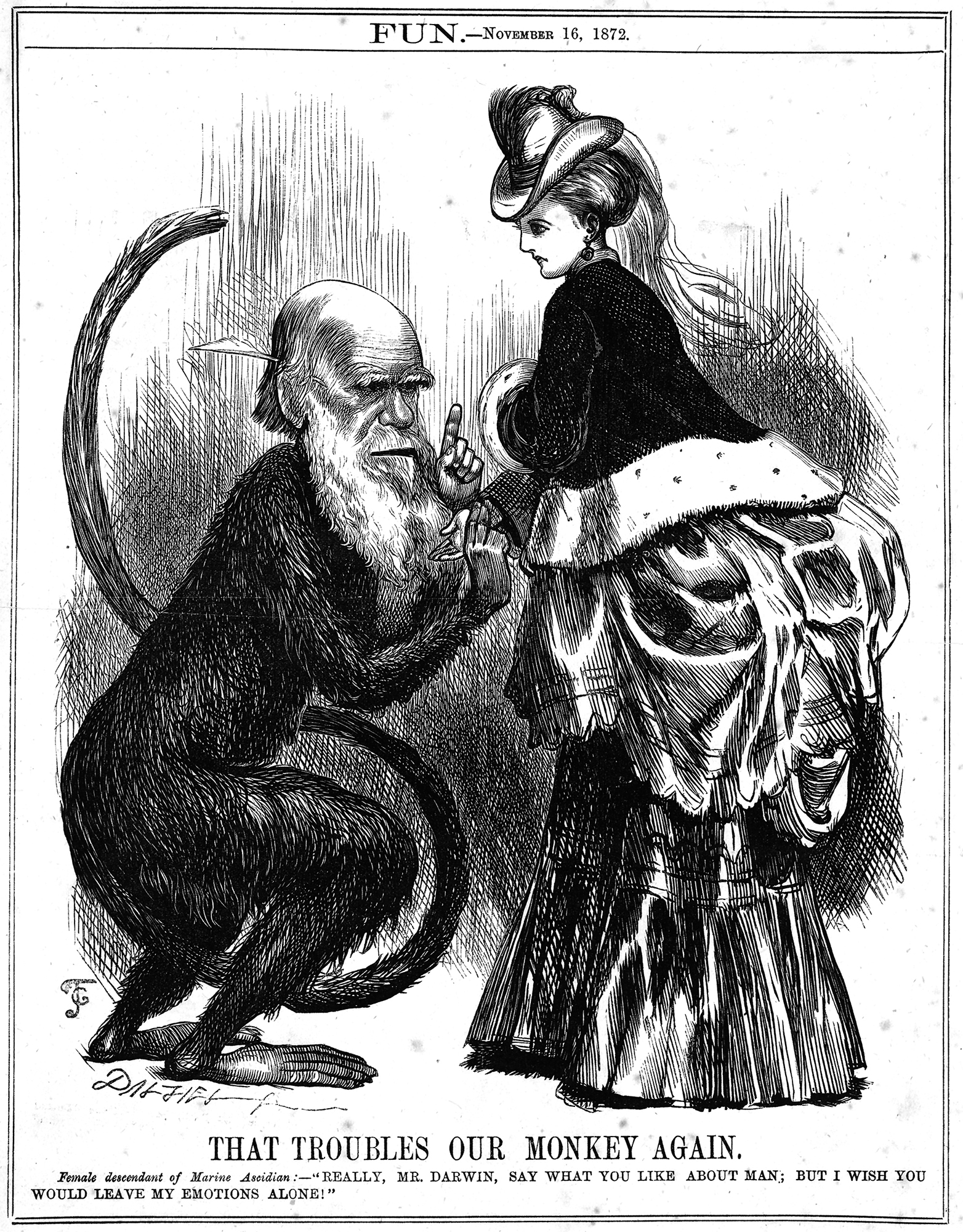Toad shit and wax paper
Amid the intensive coverage of the Champlain Towers condominium collapse, there have been some indications of more widespread problems.
But I haven't seen many references to John D. MacDonald's novel Condominium, which was originally published in 1977, a bit before the Champlain Towers condominium was built in 1981. And some of those few recent references focus on aspects of administrative rather than physical structure, e.g. Mathew Gordon Lasner, "Condo Buildings Are at Risk. So Is All Real Estate.", The Atlantic 7/2/2021:
When developers experimented with locking associations into management contracts at uncompetitive rates (as detailed in John D. MacDonald’s 1977 disaster novel, Condominium), kept down sales prices by retaining ownership of common areas and renting them back to associations (also at inflated rates), or made monthly charges unsustainably low by retaining control over associations until an overwhelming majority of units were sold, the state outlawed these practices. To allow for a more timely and cost-effective resolution of disputes among owners, and between owners and associations, it set up provisions for resolving disputes outside the courts.
But it's the novel's picture of shoddy construction practices that I remember, so I hereby urge you to buy and read the novel as background for the unfolding news coverage.
Read the rest of this entry »
